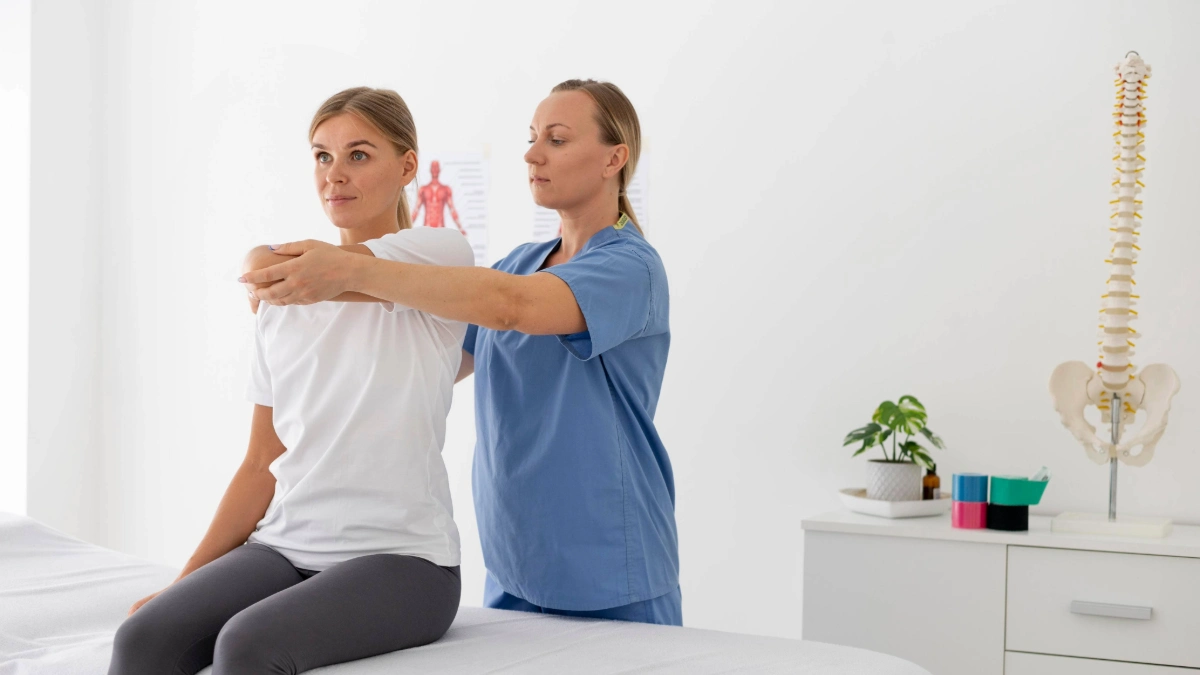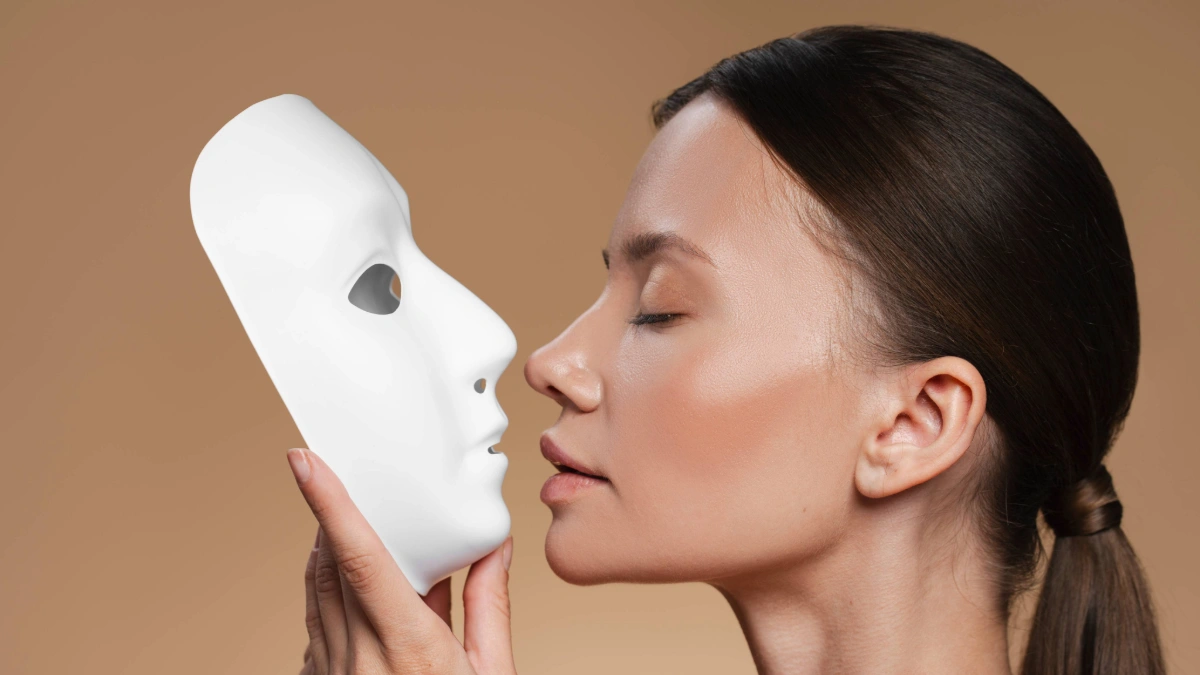Physical therapy in Turkey is all about helping people move better, feel stronger, and live with less pain. Also called physiotherapy, it focuses on restoring your body’s natural movement and improving your overall well-being. Whether you’re healing from surgery, recovering from a sports injury, or managing a long-term condition, physical therapy plays a key role in your journey to better health.
You’ll work one-on-one with a licensed physical therapist — a professional who’s trained to help you move safely and efficiently. They’ll guide you through exercises and hands-on treatments designed just for you. Some people may only need a few sessions to feel better, while others may need ongoing support for chronic conditions. Whatever your situation, there’s a personalised plan waiting for you.
What Does Physical Therapy Treat?
People start physical therapy for all sorts of reasons. In Turkey, physiotherapy is used to treat:
Injuries and Pain
- Sprains, strains, and sports injuries
- Back and neck pain
- Knee and hip issues
- Tendon problems and rotator cuff injuries
- Jaw pain (TMJ disorders)
Neurological Conditions
- Stroke recovery
- Brain and spinal cord injuries
- Parkinson’s disease
- Multiple sclerosis (MS)
- Cerebral palsy
Breathing and Heart Conditions
- COPD
- Cystic fibrosis
- Recovery after heart surgery
Children’s Conditions
- Developmental delays
- Spina bifida
- Muscular dystrophy
Women’s Health
- Pregnancy-related pain
- Pelvic floor dysfunction
- Incontinence
Types of Physiotherapy
In Turkey, physiotherapy combines modern science with compassionate care. Some of the main treatment types include:
- Manual therapy – Gentle hands-on techniques to ease pain and improve mobility
- Stretching and strengthening exercises – Customised routines to help your body move better
- Massage therapy – To relieve muscle tension and improve blood flow
- Electrotherapy – Like TENS or electrical stimulation to reduce pain and build muscle
- Heat and cold therapy – To ease soreness and reduce swelling
- Hydrotherapy – Exercises in warm water that support your body
- Ultrasound and light therapy – Used for pain and healing
- Virtual care – Sessions via phone or video if you prefer staying home
You can get physical therapy in a clinic, hospital, or even from the comfort of your home. No matter the setting, the care is always centered around you.
Risks / Benefits
Why Physical Therapy Can Make a Big Difference
Physical therapy in Turkey helps many systems in your body work better:
- Muscles and joints become stronger and more flexible
- Nerves and the brain improve how your body responds to movement
- Heart and lungs get stronger and more efficient
- Skin and tissues heal faster and feel better
This kind of therapy can help manage pain, speed up recovery, and reduce the need for surgery or medications.
Are There Any Risks?
Physiotherapy is very safe. Like with any exercise, there’s a small chance of soreness or irritation, especially at the beginning. But your therapist will make sure you do everything safely and gradually.
Recovery
Is It Worth It?
Yes — even though it might feel tough at first. It’s normal to feel sore or tired after a session, but the long-term benefits are worth it. As you keep going, you’ll notice improvements in strength, movement, and confidence. Your therapist will be there every step of the way, cheering you on.
Paying for Private Therapy
In Turkey, you can choose public or private physiotherapy. Private care usually means shorter wait times and access to advanced therapies. Make sure your physiotherapist is fully licensed and registered.
Types of Physical Therapy in Turkey
Orthopedic Therapy
Treats injuries and conditions affecting your muscles, bones, and joints. Great for:
- Fractures and sprains
- Arthritis
- Recovery after surgery
Geriatric Therapy
Helps older adults stay active and independent. It can reduce the risk of falls, improve strength, and manage conditions like osteoporosis.
Neurological Therapy
Supports people recovering from strokes, spinal injuries, or diseases like Parkinson’s. It helps with movement, balance, and coordination.
Heart and Lung Therapy
Builds endurance and lung function for people with heart or breathing issues.
Wound Care
Encourages healing with the help of advanced techniques like electrical stimulation and compression.
Balance and Vestibular Therapy
For people struggling with dizziness or balance problems, common after inner ear issues.
Lymphatic Therapy
Relieves swelling and fluid buildup, often seen in lymphedema.
Pelvic Floor Therapy
A gentle but effective way to treat incontinence, pain, or postpartum issues.
Pediatric Therapy
Fun and supportive care for kids with movement or developmental challenges.
What to Expect from Your Therapist
Your physical therapist will take time to understand your needs and guide you through each step. They’ll adjust your plan as you improve and support you in reaching your goals. You’re never alone in the process.
Conclusion
If you’re looking for personalised, high-quality care, physical therapy in Turkey is an excellent option. At Avicenna International Hospital in Istanbul, our skilled therapists work with patients of all ages and conditions. From your first session to your final steps of recovery, we’re here to help you feel better, stronger, and more confident every day.







